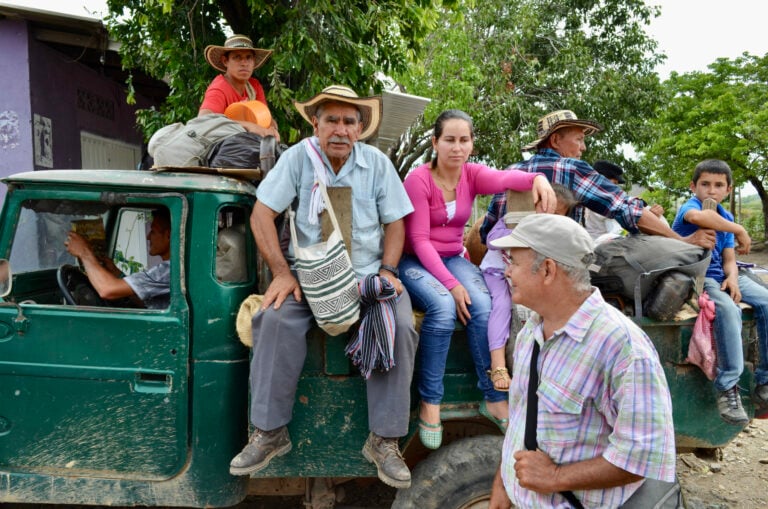A just energy transition requires rich countries to address their overconsumption of resources
Today, the UN International Resource Panel (IRP) issued a stark warning(opens in new window) : the relentless use of natural resources has more than tripled during the last 50 years, pushing our planet to multiple planetary crises – climate change, biodiversity loss, pollution and inequality. If we continue on this path, resource use will increase by 60% by 2060, jeopardising environmental sustainability and human well-being.
Summary
- The world is facing multiple environmental crises due to excessive resource use, with high-income countries being the biggest culprits.
- The current almost exclusive focus on electrifying private vehicles in rich countries is unsustainable – shared mobility and public transport should prevail.
- Addressing overconsumption is a matter of both environmental sustainability and social justice.
The statistics are alarming: high-income countries consume six times more materials per person and carry ten times more climate impacts per person than low-income countries. In 2020, the built environment and mobility sectors were responsible for 55% of global material demand. Mobility alone accounted for 23% of total global climate change impacts. The current economic model, which relies on raw materials as a driver of economic growth, is fuelling the crises.
The current EU mobility transition mainly focuses on electrifying vehicles for personal use, but mass producing them, along with the road and charging infrastructure, consumes vast resources. Despite having only 6% of the world’s population, the EU already consumes 20-25% of the world’s metals. The EU transition strategy focuses on economic growth, which goes blatantly against the IRP recommendations for high-income countries to reduce resource use and environmental impacts.
The IRP reports point towards a straightforward solution: reducing resource use for mobility, particularly in rich countries, echoing recommendations of SOMO’s research on the big battery boom(opens in new window)
.
Facilitate public transport, not private car ownership
Mobility needs could be met by other means than private cars. Minimising reliance on mobility and facilitating shared and active transportation options can lead to a substantial decrease in material requirements (by 50 per cent), energy demands (by 50 per cent), and greenhouse gas emissions (by 60 per cent), according to the IRP report. This requires a “far-reaching and truly systemic shift in mobility” that could be facilitated by regulations granting equal access to public transportation, reducing car infrastructure to increase space for pedestrians and cyclists, eliminating subsidies to companies whose business model is based on growth at all costs and rising taxation of car ownership of private vehicles. Examples of this shift are in Paris(opens in new window)
, Barcelona(opens in new window)
, London(opens in new window)
and Stockholm(opens in new window)
. More than 55% of the world’s population lives in cities, so focusing on urban mobility is both an opportunity and an imperative.
Fair distribution of natural resources
Reducing the consumption of resources goes beyond mere environmental concerns; it is also a matter of social justice and equity. High-income countries are more responsible than their low- and lower-middle-income counterparts. Affluent countries import resources from poorer regions, displacing environmental impacts onto the most vulnerable communities.
The EU needs binding targets for sustainable resource use(opens in new window)
at all levels of governance, in line with climate and biodiversity targets. At the international level, an efficient mechanism for global resource governance is necessary to ensure that low-income countries are able to consume more natural resources to meet their basic needs. In contrast, highly developed countries address their excessive overconsumption of these resources. Expanding the resource pie would ultimately result in ecological collapse, so we must focus on fairly distributing the existing resource pie. Without resource use binding targets, EU efforts will fall short of the transformational change required to safeguard our planet and ensure a just and liveable future for all.
Acknowledgements: Camiel Donicie and Ilona Hartlief (SOMO) and Diego Marin (European Environmental Bureau)
Do you need more information?
-

Alejandro González
Senior Researcher
Related news
-
Overconsumption of transition minerals will cost us the earthPosted in category:Opinion
 Alejandro GonzálezPublished on:
Alejandro GonzálezPublished on: Alejandro González
Alejandro González -

-


